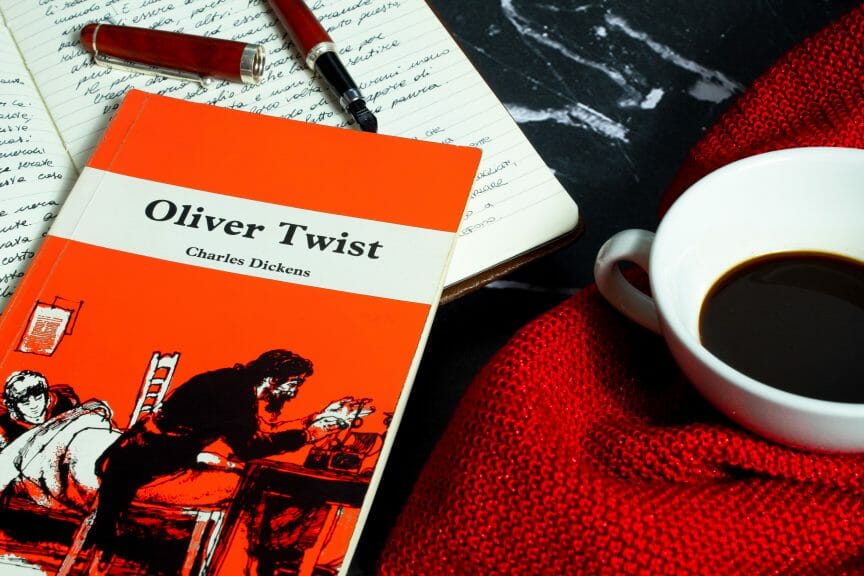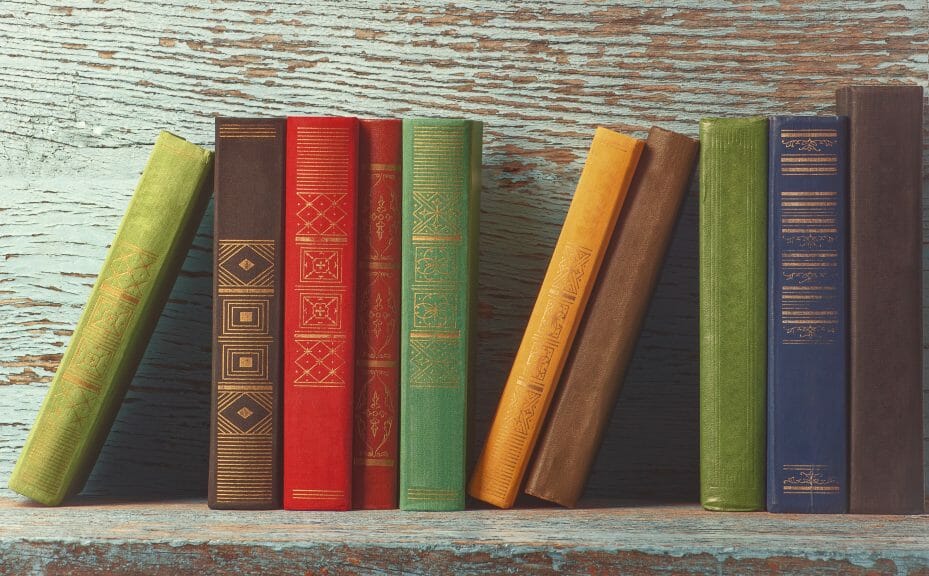What ‘classic’ literature is worth the read, and which books can be left to history?
Reading ‘classic’ literature can be a difficult task to delve into. With some of the ‘classics’ being not as great as once deemed by past readers, one can wonder what ‘classics’ are worth reading. What books deserve the title of ‘classic?’ Here are a few of the ‘classic’ books worth reading, and some that you may find a waste of your time reading.
Worth It: Frankenstein by Mary Shelley
Frankenstein is a novel by Mary Shelley that is not what you remember. Very different from the lightning-summoned monster you remember from the movies, Frankenstein is a novel on the importance of companionship and human connection. Focused around three male narrators grappling with masculinity issues and god complexes, Shelley questions what it means to be human. The novel is interesting, action-packed, and incredibly philosophical, making it a very fun and quick read of a classic!

Skip It: Hard Times by Charles Dickens
Hard Times is a novel by Charles Dickens that focus primarily on issues of education and the growth of humanity in a time of increasing industrialization and concerns surrounding it. Many hail this work as a classic, but I suspect it is simply ‘classic’ because Charles Dickens wrote it. This book is informational at best and an absolute bore at worst. Unless you are worried about the social condition of Victorian England, this book has annoying characters and an uninteresting plot development that leaves you annoyed you spent the time reading it.
Worth It: Oliver Twist by Charles Dickens
Oliver Twist is a novel by Charles Dickens that discusses the life and triumph of the orphan Oliver Twist. Oliver Twist communicates social issues of the time in an easily understandable way. Also, the novel has a protagonist that is easy to root for. This novel is one of the easier ‘classics’ to read. Also, it is a great starting-off point for reading about the 1800s and ‘classics’ in general.
There are problematic parts of this novel, and this opens an important discussion when reading ‘classics.’ Mostly due to the time period it was written and Dickens’s history of anti-semitism, one of the novel’s villains is a malicious caricature of a Jewish person. So, be careful when reading if this is a triggering topic/depiction. Figures like this remind us to be sure to take no negative/harmful views from ‘classic novels’ in a light manner. Many of these views can be racist, xenophobic, sexist, etc., so be aware.

Skip It: Aurora Leigh by Elizabeth Barrett Browning
Aurora Leigh is an epic verse novel by Elizabeth Barrett Browning. The novel focuses on a love plot between the main character and a male suitor. Aurora Leigh thoroughly discusses issues of its time period. Yet, the ‘cousin-love plot’ in the novel has aged poorly for the modern day and is very uncomfortable to read. Furthermore, the writing is not for casual reading and contains many references the reader may not understand. Along with its 400-page count being entirely composed of poetry, this text is not for the faint of heart. Only experienced classic readers should take on this text and, even so, the plot is incredibly predictable. Aurora Leigh is a skippable text, especially for readers new to classics.
Skip It: Our Mutual Friend by Charles Dickens
Our Mutual Friend is a long and taxing novel by Charles Dickens. There are many good aspects to this novel, yet it seems ruined by an ending that suggests a majority of the actions within the novel weren’t actually happening. So, while the journey of reading this novel is great, the ending of the novel spoils the entirety of the work. Along with a large character amount that can make character relationships incredibly confusing, this novel is not remotely for a new ‘classics’ reader. These factors, combined with an over 800-page count, make one wonder whether this novel is a classic because it is memorable, or only because it was written by Charles Dickens.
This pushes another discussion in ‘classics’ as to whether books by authors held in esteem by literary canon are considered good because they are good literature, or are considered good only because of the author they are written by. This idea holds a large sway in books considered ‘classic’ and emphasizes the importance of reading these books to see which ones are truly worth standing the test of time.













